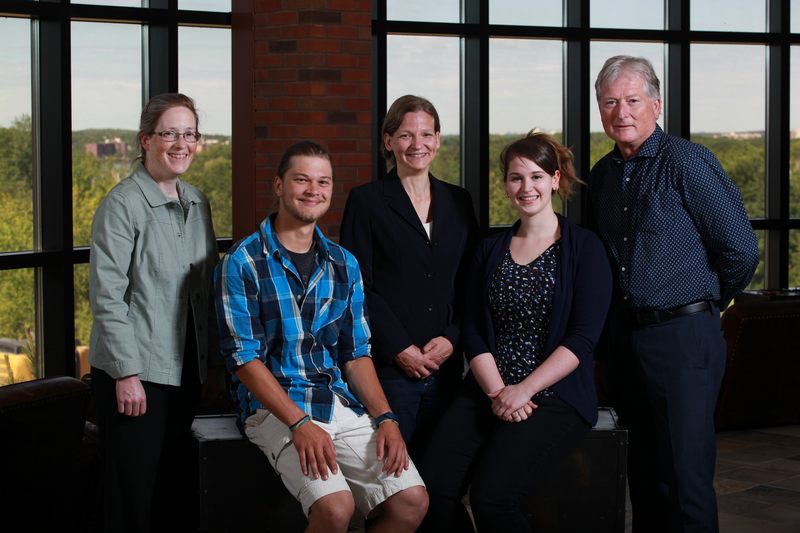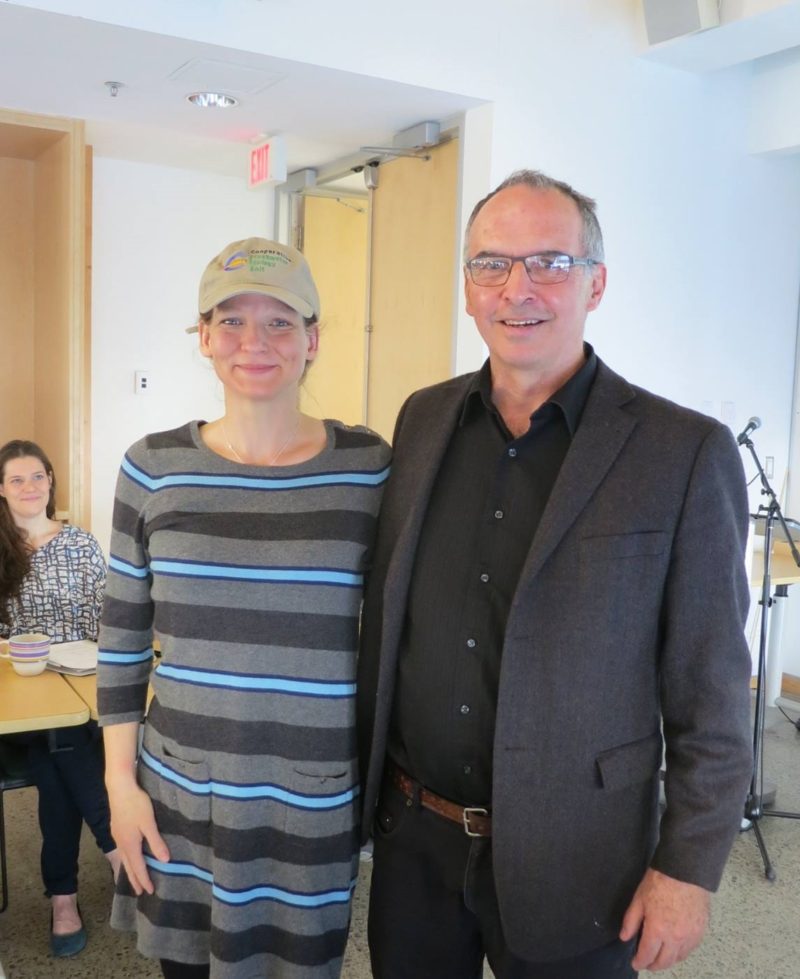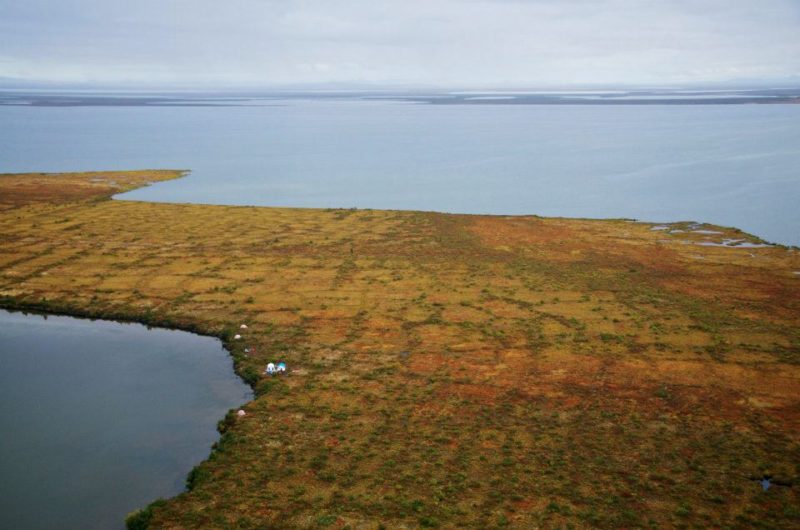
The Natural Sciences and Engineering Research Council of Canada (NSERC) will provide more than $5 million over five years to fund PermafrostNet, a Canadian research network of 12 universities, including Laurentian University, and more than 40 partner organizations. “The network focuses on permafrost degradation to determine where, when, and how permafrost thaw is occurring and what are the consequences of this thaw for northern infrastructure and northerners across the Canadian North” says Dr. Pascale Roy-Leveillee of the Laurentian University Permafrost Research Laboratory, one of the Network co-principal investigators.
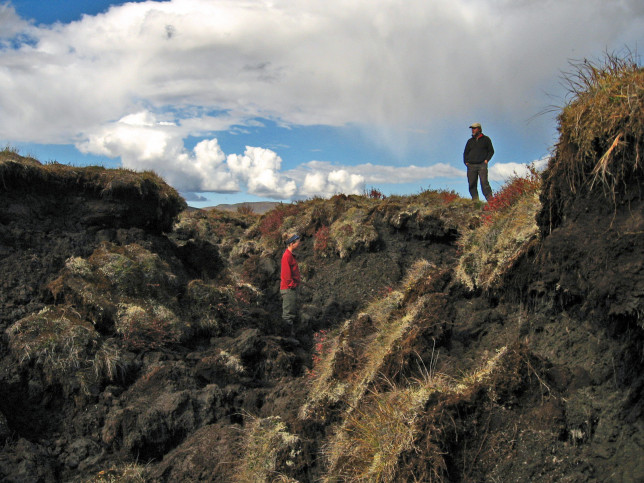
Permafrost underlies more than one-third of the Canadian land surface and nearly all of it will experience thaw during the 21st century. The resulting disruption to natural and human systems will influence the lives of northerners and access to natural resources.

The network research will focus on 5 themes: 1) characterization of permafrost, to fill important gaps in our knowledge of Canadian permafrost extent and characteristics (11 students); 2) monitoring, to ensure we have the means to detect and quantify change in permafrost conditions (8 students); 3) prediction, to improve simulations of changing permafrost and integration with Global Climate Models, and to insure stakeholders can use the model outputs (8 students); 4) hazards, to understand what impacts the observed and predicted permafrost degradation can have on infrastructure, environmental resources, ecosystems and health (9 students); 5) adaptation to permafrost degradation, to support northerners as they prepare for and deal with permafrost thaw and its consequences (9 students).
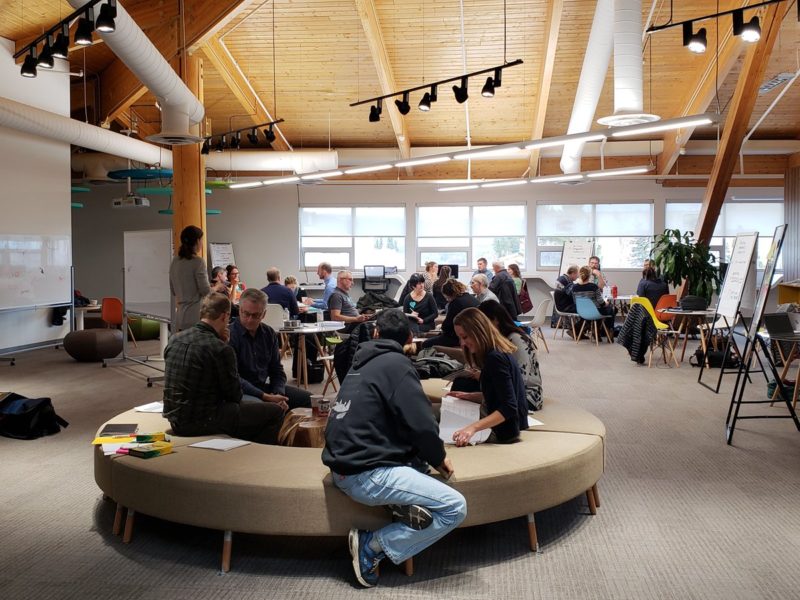
“The network has the research capacity that no single group or agency can provide and can transform knowledge and practice on a national scale to position Canada as a leader in permafrost research” Indicates Dr. Stephan Gruber, the PermafrostNet Lead, who is professor and Canada Research Chair in Climate Change Impacts/Adaptation in Northern Canada at Carleton University.
The objective of the highly competitive NSERC Strategic Partnership Grants for Networks is to increase research and training in targeted areas, contributing to a better quality of life in Canada. Only two networks were funded this year across Canada
